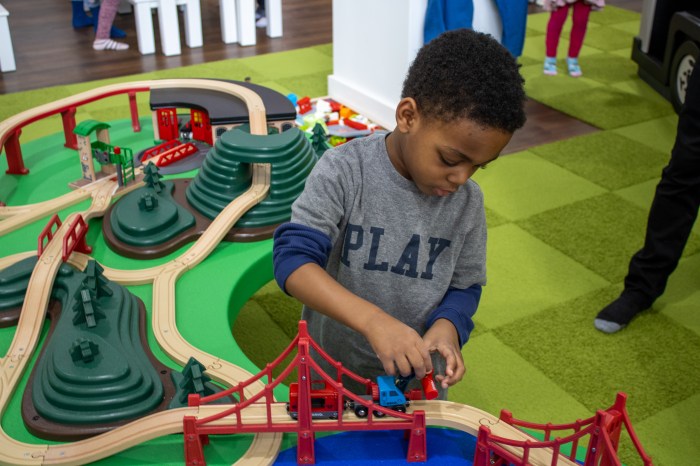 “1096” fuses flamenco and postmodern dance.
“1096” fuses flamenco and postmodern dance.
Credit: Pasion y Arte
Staying in rhythm with Philadelphia International Festival of the Art’s time travel theme, the all-female dance collectives Pasion y Arte and Fresh Blood are performing “1096.” The title of this collaboration represents the year that Trotula de Salerno, the first female gynecologist, was born. Not seeing the connection between gynecology and dance? According to Elba Hevia y Vaca, artistic executive director at Pasion y Arte, the link is women, and Trotula de Salerno represents a wave in the timeline of female accomplishments.
“This is a great opportunity to look at women’s history,” says Hevia y Vaca. “And let’s face it, it’s not linear.” Neither is the performance. Pasion y Arte is a flamenco dance group, teaming up with Fresh Blood, a postmodern troupe. Together, “1096” will work in part as a conversation between two strikingly different styles of dance. As Hevia y Vaca explains, flamenco infuses a world of emotion in its style. Postmodern dance, then, presents the inverse, relying heavily on movement.
What makes “1096” intriguing is not just the blending of two types of dances — it’s the way this performance operates as a dialogue with women throughout the centuries. “There’s a real discourse happening here,” says Hevia y Vaca.
The audience becomes a part of the discussion, too. For those that are nervous about becoming involuntary participants, don’t sweat it. You won’t have to dance at all. “The minute you move, you become involved in some small way,” Hevia y Vaca says. “It creates a different space.”
To add yet another layer into the mix, the two flamenco dancers and three postmodern dancers cross generational lines, too, with mothers, a grandmother, and a mother-to-be. That’s right, there’s a pregnant dancer who, according to Hevia y Vaca, “can still move beautifully.”
“There’s such a wonderful texture that pulses throughout the entire piece,” she says.





























